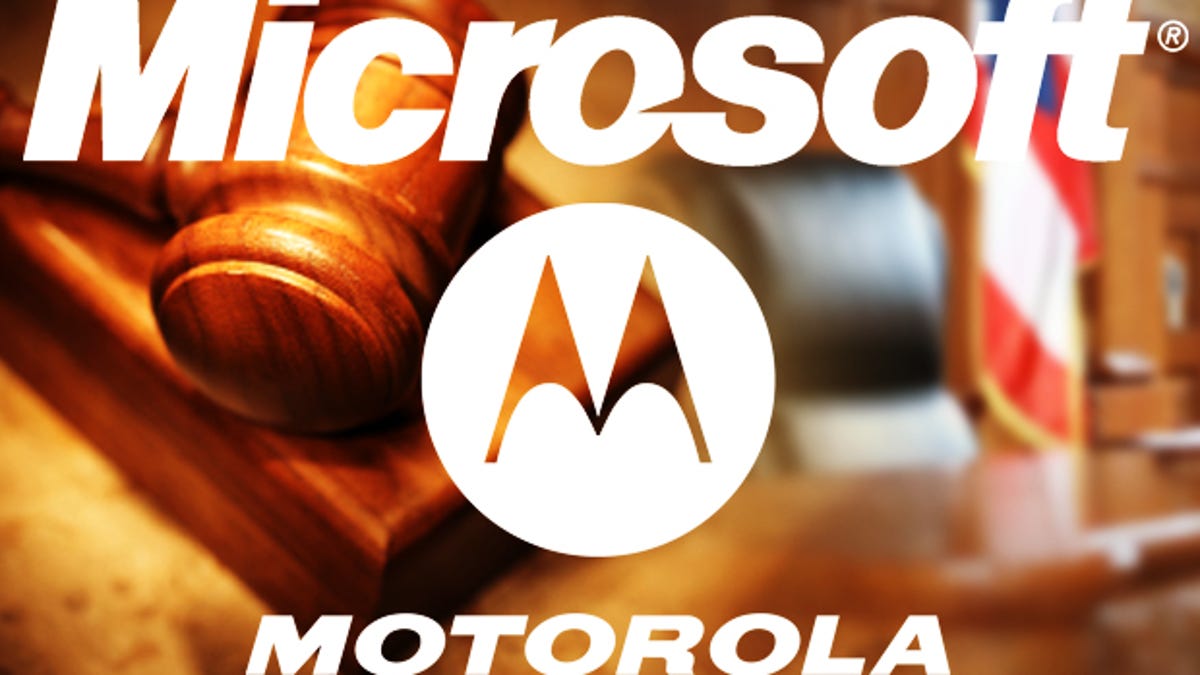Microsoft awarded $14.5M in Motorola patent licensing suit
In the second phase of a closely watched patent trial, a federal jury finds the Google handset maker in breach of contract for failing to license standard essential patents at a reasonable rate.

Microsoft on Wednesday won another key courtroom victory in the second phase of a closely watched battle with Motorola Mobility over patent licensing fees.
A federal jury in Seattle ordered the Google-owned handset maker to pay Microsoft $14.5 million in damages for breach of contract for failing to license at reasonable terms standard essential patents covering wireless and video technology used in the Xbox game console. However, the award is half the $29 million in damages Microsoft had sought.
The case began in 2010 when Microsoft sued Motorola, claiming that Motorola was charging excessive royalties for licensing on the patents. Motorola had demanded Microsoft pay annual royalties of up to $4 billion for use of patents that are part of the H.264 video and 802.11 wireless standards, which are baked into Windows and the Xbox video game console. Microsoft said it was willing to pay royalties but not at the 2.25 percent of the product price that Motorola sought.
"This is a landmark win for all who want products that are affordable and work well together," Microsoft deputy general counsel David Howard said in a statement. "The jury's verdict is the latest in a growing list of decisions by regulators and courts telling Google to stop abusing patents."
Motorola promised to appeal the decision.
"We're disappointed in this outcome but look forward to an appeal of the new legal issues raised in this case," a Motorola spokesperson said in a statement.
Microsoft's first victory in the case came in April when a federal judge determined that Microsoft should pay Motorola Mobility unit $1.8 million a year in royalties for use of the patents instead of the billions of dollars the Google unit had sought.
The case is expected to have broad ramifications for patent law. The two companies had argued over what constitutes fair, reasonable, and nondiscriminatory terms -- known to patent lawyers as FRAND -- that patent holders can charge for standard-essential patents. This case could help establish a framework for what patent holders can reasonably charge for use of their essential technology.

